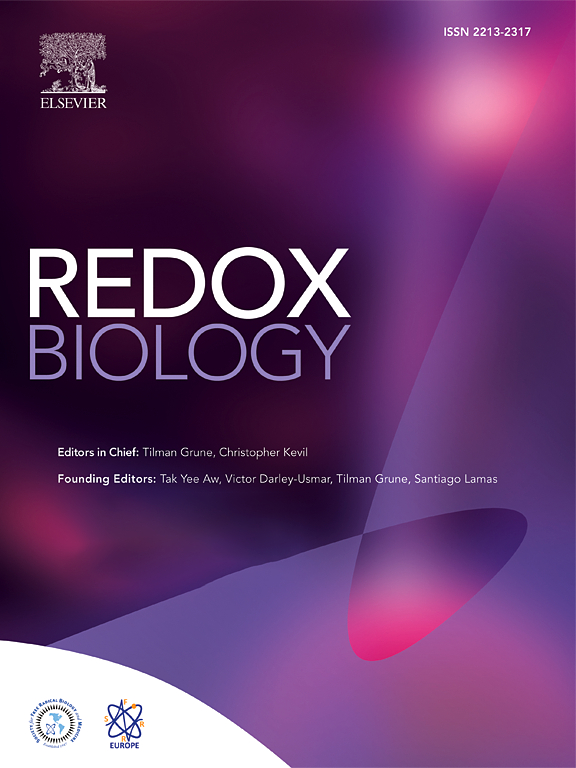Beyond energy: Mitochondrial control of platelet lifecycle through redox, calcium, and dynamics.
IF 11.9
1区 生物学
Q1 BIOCHEMISTRY & MOLECULAR BIOLOGY
引用次数: 0
Abstract
Platelet disorders, caused by quantitative deficiencies or functional impairments, significantly contribute to cardiovascular, neurological, and iatrogenic pathologies. Although platelets are indispensable for hemostasis, thrombosis, and immune responses, the molecular mechanisms governing their biogenesis from megakaryocytes (MKs) and subsequent functional regulation remain incompletely understood. Mitochondria, inherited from MK progenitors, are now recognized as central regulators of platelet physiology and pathology. Emerging evidence demonstrates that mitochondrial processes critically regulate MK differentiation and thrombopoiesis, unveiling novel pathways in platelet formation. Mitochondria regulate metabolism, calcium (Ca2+) regulation, reactive oxygen species (ROS) signaling, autophagy, and dynamics, directly modulate essential platelet activities, such as activation dynamics, lifespan, and coagulation efficiency, in physiological and pathological contexts. This review synthesizes emerging evidence on the multi-layered mitochondrial control of thrombopoiesis and platelet functionality. We critically assess the translational potential of targeting mitochondria for treating platelet-related disorders, delineating specific molecular targets within MKs and platelets. Furthermore, we propose a framework for developing mitochondrial-based therapeutic strategies to prevent and manage platelet-associated diseases, thereby advancing clinical translation in this field.超越能量:线粒体通过氧化还原、钙和动力学控制血小板生命周期。
血小板紊乱,由数量不足或功能损伤引起,显著促进心血管、神经和医源性病理。尽管血小板在止血、血栓形成和免疫反应中是不可或缺的,但巨核细胞(MKs)调控其生物形成的分子机制及其随后的功能调节尚不完全清楚。线粒体,遗传自MK祖细胞,现在被认为是血小板生理和病理的中枢调节因子。新出现的证据表明,线粒体过程对MK分化和血小板形成起着关键的调节作用,揭示了血小板形成的新途径。线粒体调节代谢,钙(Ca2+)调节,活性氧(ROS)信号,自噬和动力学,直接调节必要的血小板活性,如活化动力学,寿命,凝血效率,在生理和病理背景下。这篇综述综合了关于血小板生成和血小板功能的多层线粒体控制的新证据。我们批判性地评估了靶向线粒体治疗血小板相关疾病的翻译潜力,描绘了mk和血小板中的特定分子靶点。此外,我们提出了一个框架,用于开发基于线粒体的治疗策略,以预防和管理血小板相关疾病,从而推进该领域的临床转化。
本文章由计算机程序翻译,如有差异,请以英文原文为准。
求助全文
约1分钟内获得全文
求助全文
来源期刊

Redox Biology
BIOCHEMISTRY & MOLECULAR BIOLOGY-
CiteScore
19.90
自引率
3.50%
发文量
318
审稿时长
25 days
期刊介绍:
Redox Biology is the official journal of the Society for Redox Biology and Medicine and the Society for Free Radical Research-Europe. It is also affiliated with the International Society for Free Radical Research (SFRRI). This journal serves as a platform for publishing pioneering research, innovative methods, and comprehensive review articles in the field of redox biology, encompassing both health and disease.
Redox Biology welcomes various forms of contributions, including research articles (short or full communications), methods, mini-reviews, and commentaries. Through its diverse range of published content, Redox Biology aims to foster advancements and insights in the understanding of redox biology and its implications.
 求助内容:
求助内容: 应助结果提醒方式:
应助结果提醒方式:


